Planning to build an extension to your home is an exciting endeavor. It can provide you with the extra space you need, whether it’s for a new bedroom, a home office, or a larger living area. However, one of the most crucial aspects of any building project is understanding the costs involved. In this article, we will unlock the secrets of building costs for your extension, providing you with everything you need to know.
1. Understanding the Scope of Your Project
The first step in determining the costs of your extension is to understand the scope of your project. This involves considering the size of the extension, the complexity of the design, and any additional features or requirements you may have. By clearly defining the scope, you can better estimate the materials, labor, and time needed for the project.
2. Hiring a Professional
While it may be tempting to take on the project yourself to save money, hiring a professional is highly recommended. An experienced architect or builder can provide valuable insights and expertise, ensuring that your extension is structurally sound and meets all necessary building regulations. They can also help you create an accurate budget by providing cost estimates for materials and labor.
3. Material Costs
The materials you choose for your extension will have a significant impact on the overall cost. Different materials vary in price, durability, and aesthetic appeal. For example, while brick and concrete are commonly used for extensions, they may be more expensive than timber or steel. It’s essential to consider both the upfront costs and the long-term maintenance requirements when selecting materials for your project.
4. Labor Costs
The cost of labor is another crucial factor to consider. Labor costs can vary depending on the location, complexity of the project, and the experience of the builders. It’s advisable to obtain multiple quotes from different contractors to ensure you’re getting a fair price. Keep in mind that cheaper labor may not always equate to quality work, so it’s essential to strike a balance between cost and expertise.
5. Additional Costs
When budgeting for your extension, it’s important to consider any additional costs that may arise. These can include planning permission fees, building regulation fees, and the cost of any necessary surveys or inspections. It’s also wise to set aside a contingency budget for unexpected expenses that may arise during the construction process.
6. Financing Your Extension
Once you have a clear understanding of the costs involved, you’ll need to consider how to finance your extension. There are several options available, including personal savings, remortgaging, or taking out a home improvement loan. It’s essential to explore these options and choose the one that best suits your financial situation and long-term goals.
7. Maximizing Value for Money
While it’s important to control costs, it’s equally important to ensure that you’re getting value for your money. This means not compromising on the quality of materials or the expertise of the builders. Investing in a well-designed and well-built extension can significantly increase the value of your property and provide you with a space that meets your needs for years to come.
8. Conclusion
Building an extension is an exciting project that requires careful planning and consideration of costs. By understanding the scope of your project, hiring a professional, and carefully budgeting for materials, labor, and additional expenses, you can ensure that your extension is a success. Remember to explore financing options and prioritize value for money to maximize the benefits of your investment. With the right approach, your dream extension can become a reality.


